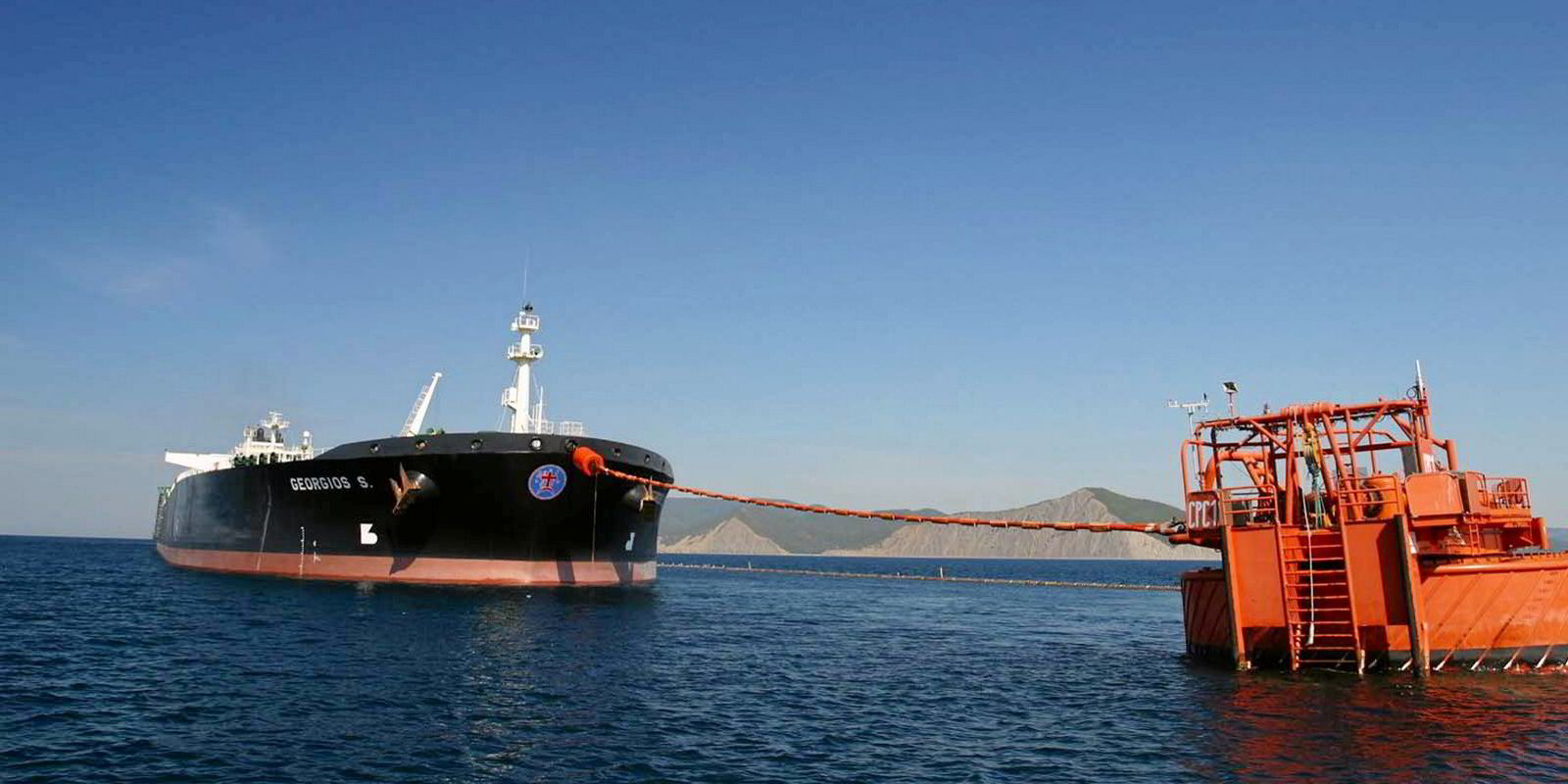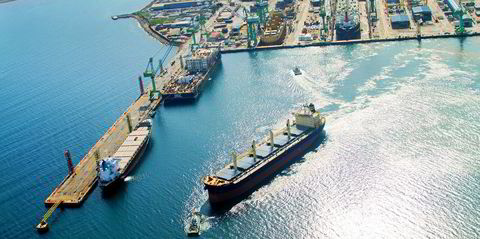Kazakhstan appears to be taking steps to cut its dependence on Russian oil export infrastructure, French shipbroker BRS Group believes.
The Paris shop said the country has increasingly been exporting crude tanker cargoes across the Caspian Sea.
This is a “hint” that Kazakhstan is shifting from a historical stance that has seen oil shipped from Russian ports in the Black Sea via the Caspian Pipeline Consortium (CPC) terminal near Novorossiysk, the company added.
“However, since the invasion of Ukraine, Kazakhstan appears to have developed a preference to send exports out to their Aktau terminal, on the Caspian Sea,” BRS noted.
Ship tracking data suggest that in 2021, exports from Aktau to Azerbaijan’s Sangachal port were around 0.7m tonnes. Last year, this soared to 2.4m tonnes.
And volumes are rising fast and so far this year 2.8m tonnes have been loaded on to tankers via this route.
“It is believed that much of these volumes are ending up being shipped through the Baku-Tbilisi-Ceyhan (BTC) pipeline given that it runs from Baku, Azerbaijan (adjacent to Sangachal), via Georgia to Ceyhan on Turkey’s Mediterranean coast,” BRS said.
“Given that there is no end in sight to the war in Ukraine, if this shift in flows continues, crude tanker demand in the Eastern Mediterranean may see a slight rise,” the broker added.
2022 disruption
In August, crude loadings at CPC were disrupted following inspections to assess damage to the infrastructure.
Brokers dismissed speculation that the Russian government was “weaponising” exports from the facility, however.
The terminal suspended oil loadings from two of three single mooring points (SPM) at CPC. Tankers continued to use SPM-3.
Divers discovered cracks in subsea hose attachments to buoyancy tanks, CPC said.
Loadings were previously halted after storm damage in March.
CPC exports a blend of 90% Kazakhstani and 10% Russian crude.





